Seth Palansky Believes DFS Games Threaten Integrity of Sports
Posted on: September 25, 2015, 03:22h.
Last updated on: September 25, 2015, 03:22h.
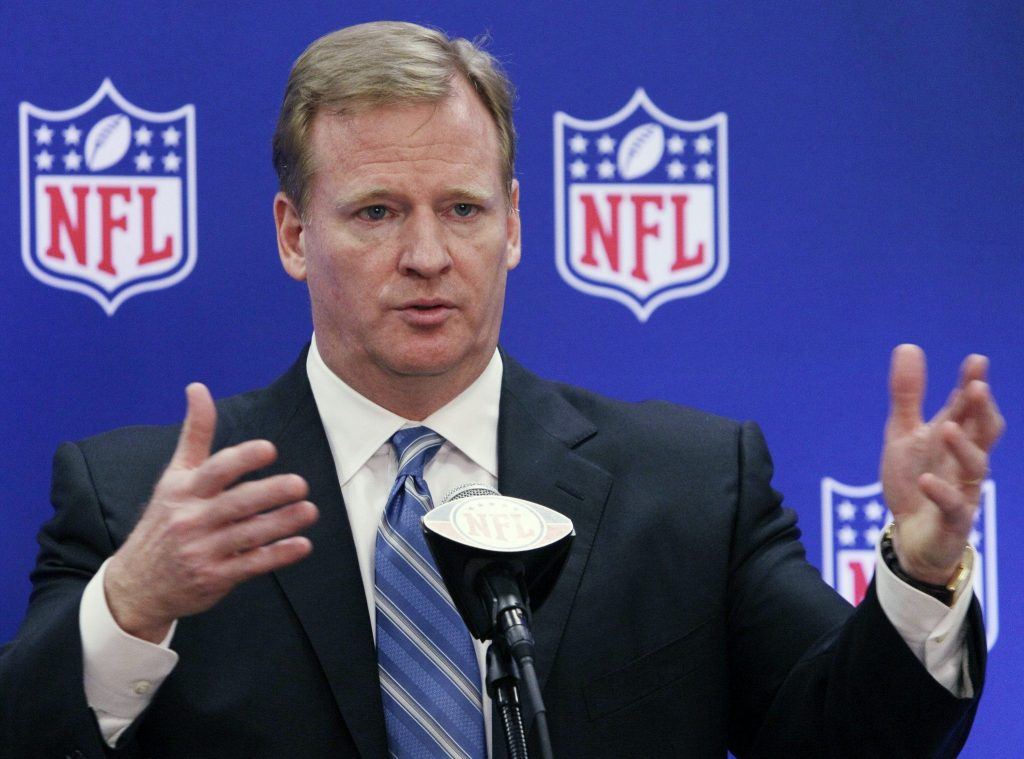
Daily fantasy sports (DFS) sites are all over the airwaves, holding multi-million dollar contests every week, and have the tacit approval of the major sports leagues in North America.
But that doesn’t mean that everyone agrees that the DFS industry is a good thing for professional sports, or that they should be above scrutiny.
A comment left from an account that appears to belong to Caesars Interactive Entertainment Vice President of Corporate Communications Seth Palansky questioned whether the DFS games were even more dangerous for the integrity of professional sporting contests than traditional sports betting.
The comment, left on an ESPN.com article about a 2012 deposition by NFL Commissioner Roger Goodell, was left from Palansky’s Facebook account, which notes that he was formerly the Communications Director for the NFL from May 2003 to March 2008.
DFS Could Lead Players to Alter Play
In the comment, Palansky points out that because DFS games rely on individual player stats rather than the outcomes of entire games, there may be more scenarios in which a player could be convinced to alter their performance.
“Did Frank Gore fumble on the one-yard line without being touched Monday night, or did he do it because he had 500 lineups submitted to FanDuel with the Jets defense in his lineup?” Palansky wrote. “Does the NFL know whether Frank Gore plays DFS?”
Palansky is referring to a play that took place during the third quarter of the Indianapolis Colts’ 20-7 loss to the New York Jets. Gore lost a handoff from quarterback Andrew Luck, turning the ball over to the Jets at a critical moment in the game.
“[It] just came out of my hands. It slipped out,” Gore told reporters after the game. “I messed up.”
Palansky Believes NFL Can Handle Situation
Palansky’s comment didn’t seem to suggest that the NFL shouldn’t support or allow DFS products to flourish.
Instead, he seemed to think that the NFL needed to have a better handle on the issue rather than simply stating that DFS contests weren’t gambling and leaving it at that.
“The NFL has smart people,” he wrote. “The NFL can lead here. Put your smart people on it, figure out partnerships that give you access to the data and make it a win-win. Waiting is just going to increase the chances of something unintended happening.”
The comments were left in reaction to an article about an unsealed 2012 deposition in which Goodell testified for a case related to New Jersey’s recent attempts to legalize sports betting.
“We don’t look at fantasy sports as gambling,” Goodell said in the testimony. “Fantasy football is not based on the outcome of a game, it’s based on the performance of individuals that they select.”
While Palansky argued that such a setup actually makes DFS more likely to impact game integrity, it isn’t clear that this is actually the case.
Because both daily and season-long fantasy leagues require players to use a variety of athletes from different teams, this minimizes the impact of any one athlete’s score; in traditional sports betting, only the final score of a particular game matters, making match-fixing much more straightforward a task.
Palansky has had some recent interactions with at least one DFS site in his role overseeing communications for the World Series of Poker.
The 2015 WSOP saw DraftKings sponsor a tournament during the series, and the site operated a lounge at the Rio Convention Center throughout the poker festival.
Related News Articles
Pennsylvania Online Poker Combined with DFS
Seminole Tribe Warns Florida Legislators That DFS Bill May Violate Compact
Most Popular
LOST VEGAS: The Foster Brooks Robot at MGM Grand
Bally’s Sets Date for Tropicana Las Vegas Implosion & Party
Most Commented
-
VEGAS MYTHS RE-BUSTED: You Don’t Have to Pay Resort Fees
— August 2, 2024 — 16 Comments -
VEGAS MYTHS RE-BUSTED: Elvis Was a Straight-Up Racist
— August 9, 2024 — 11 Comments -
ANTI-SOCIAL BEHAVIOR: Vegas Casino Buffet Stunt in Poor Taste Goes Viral
— August 16, 2024 — 7 Comments -
VEGAS MYTHS RE-BUSTED: The Strip Tried Appealing to Families and Failed
— August 23, 2024 — 7 Comments
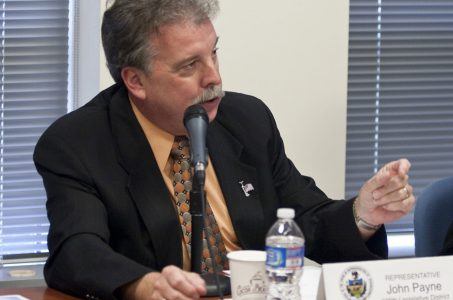
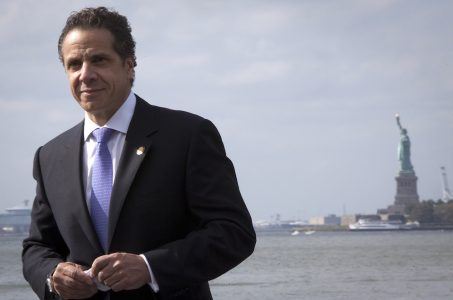
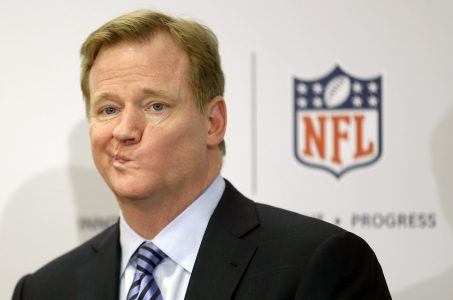
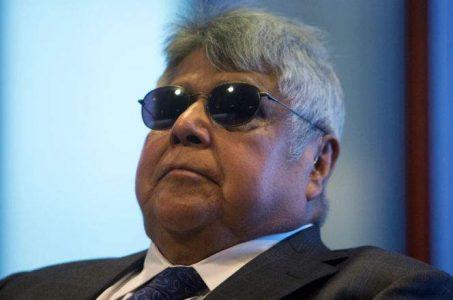












No comments yet